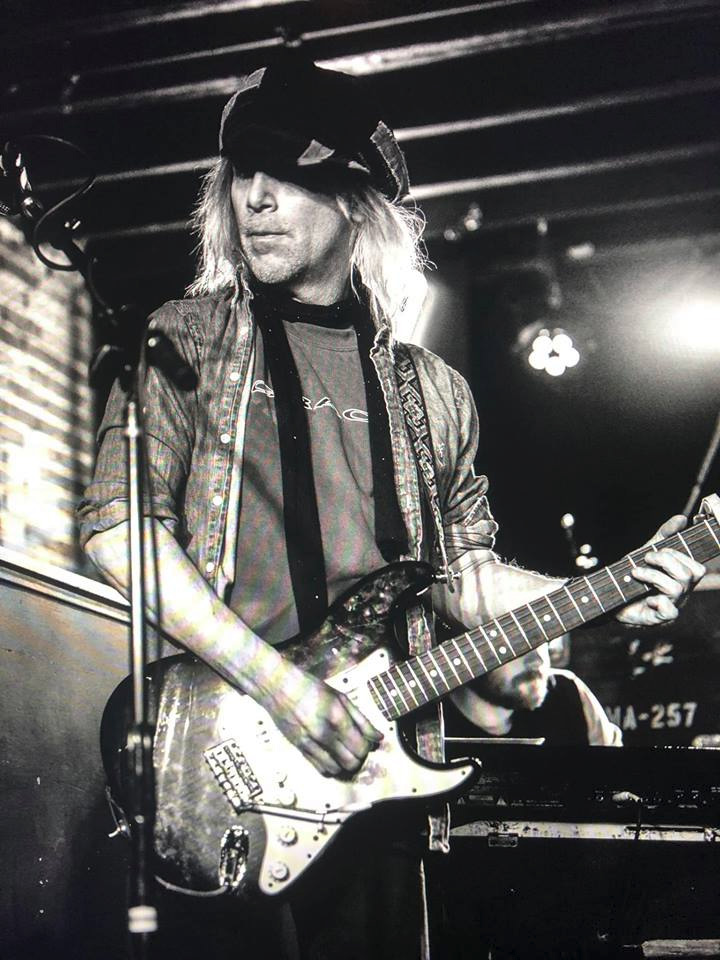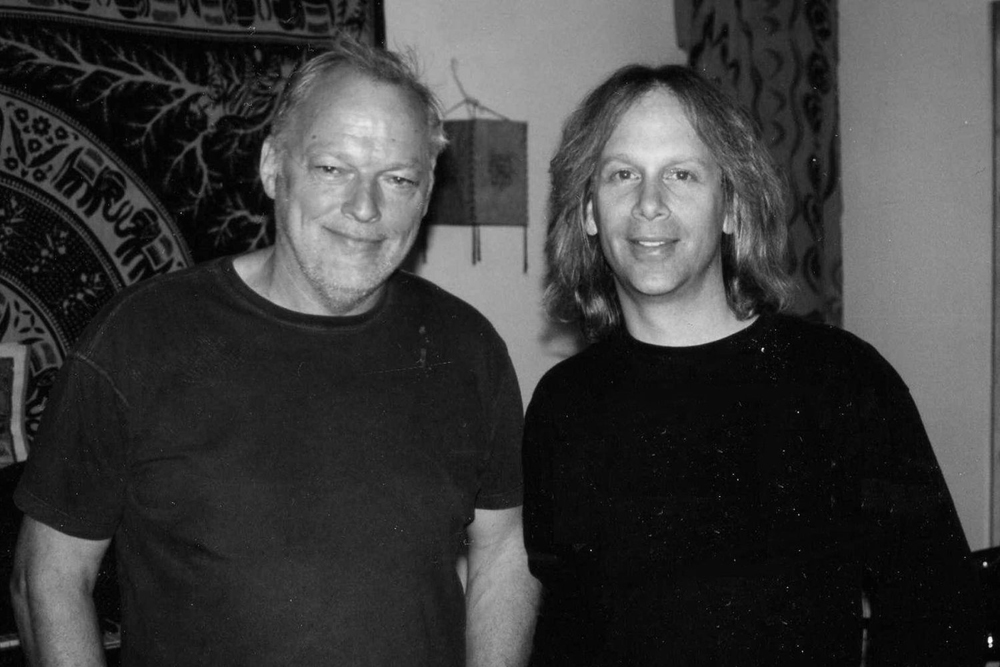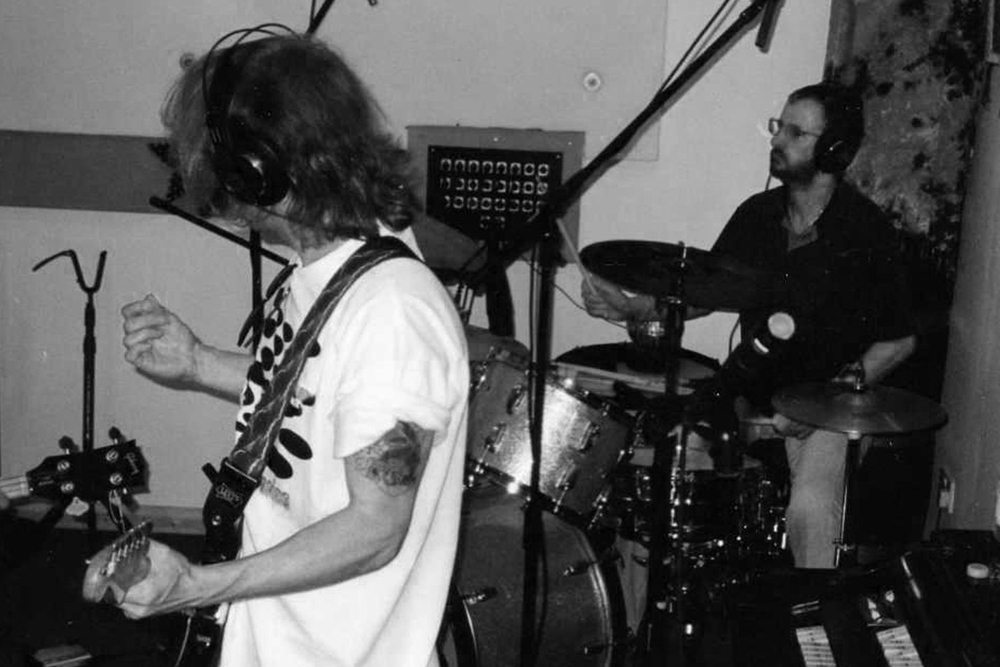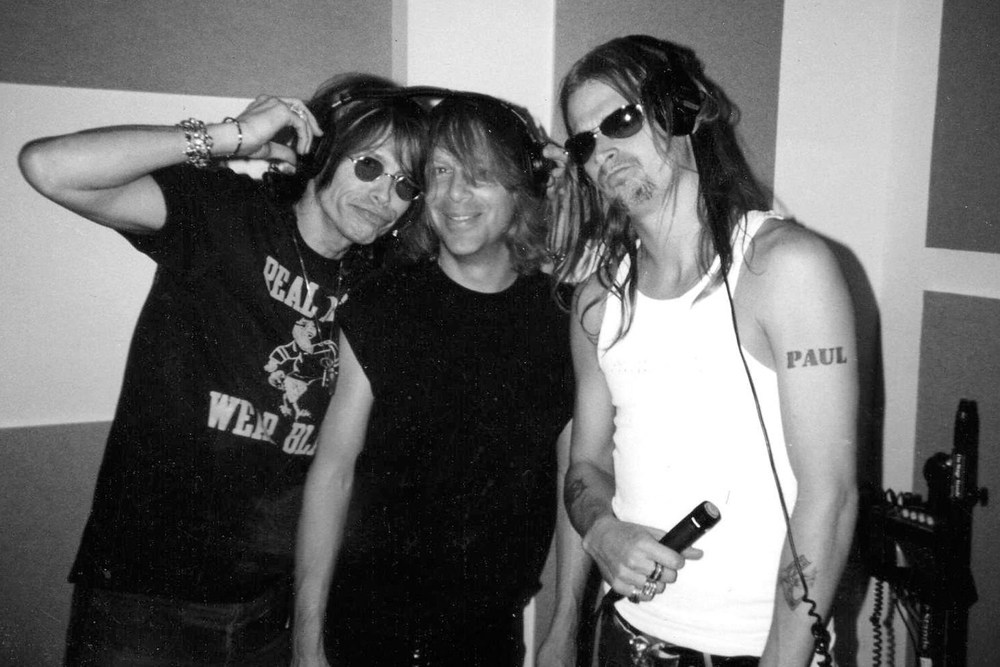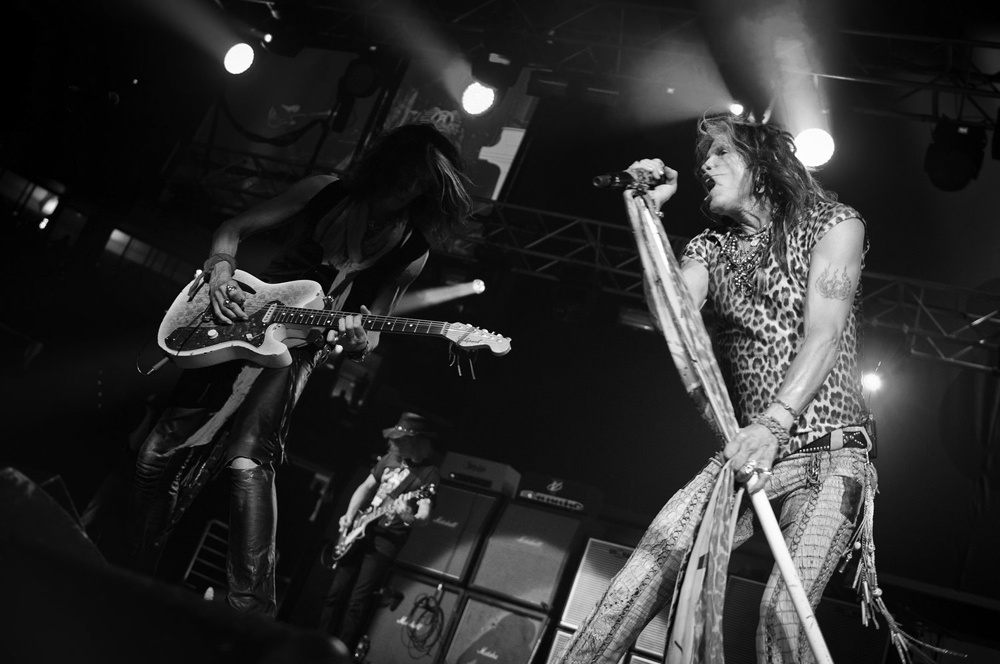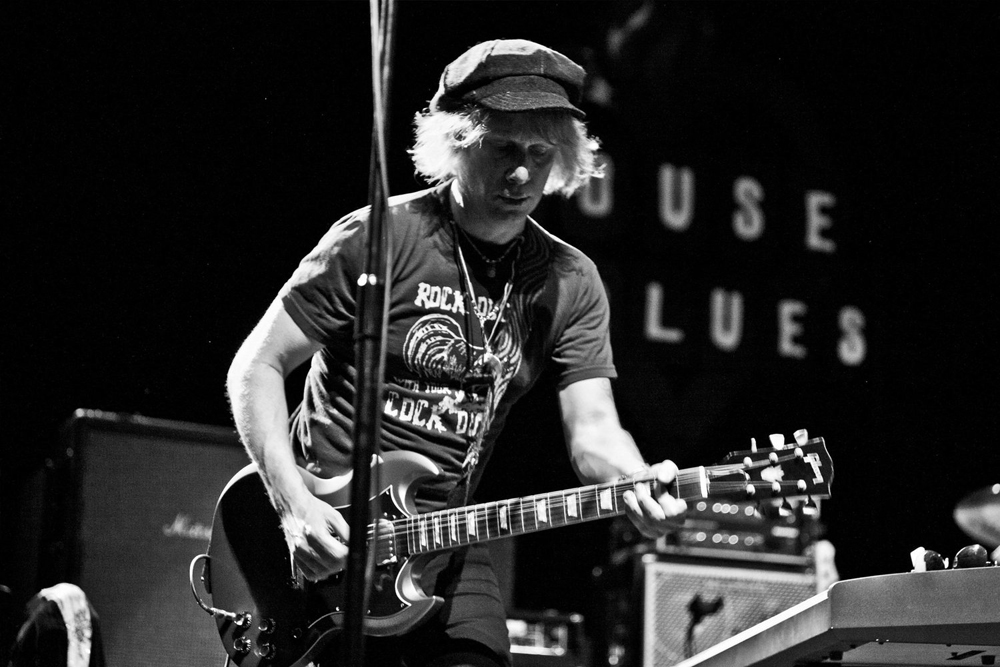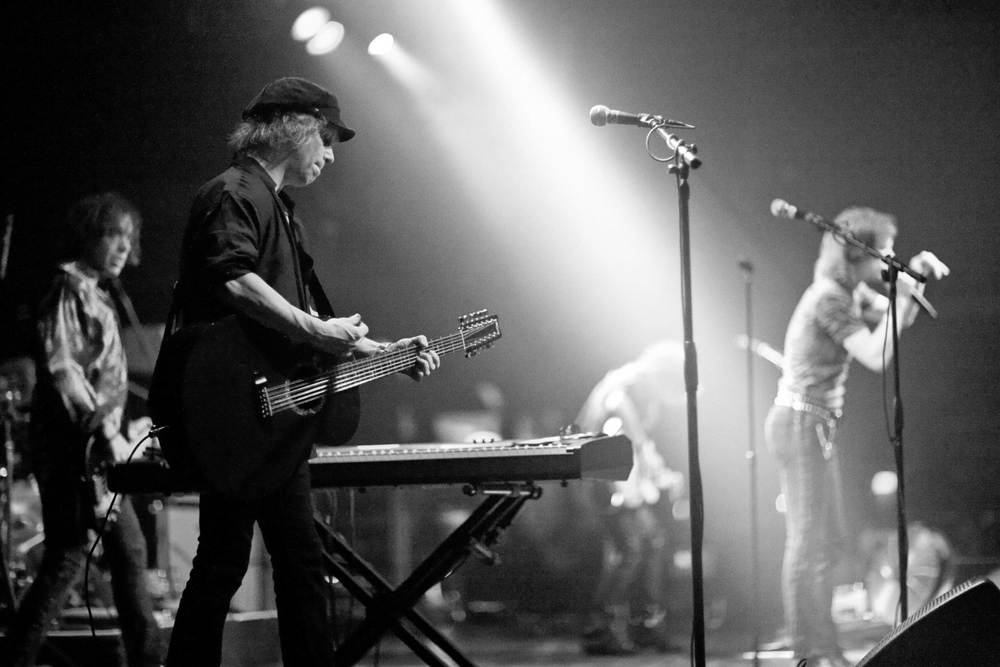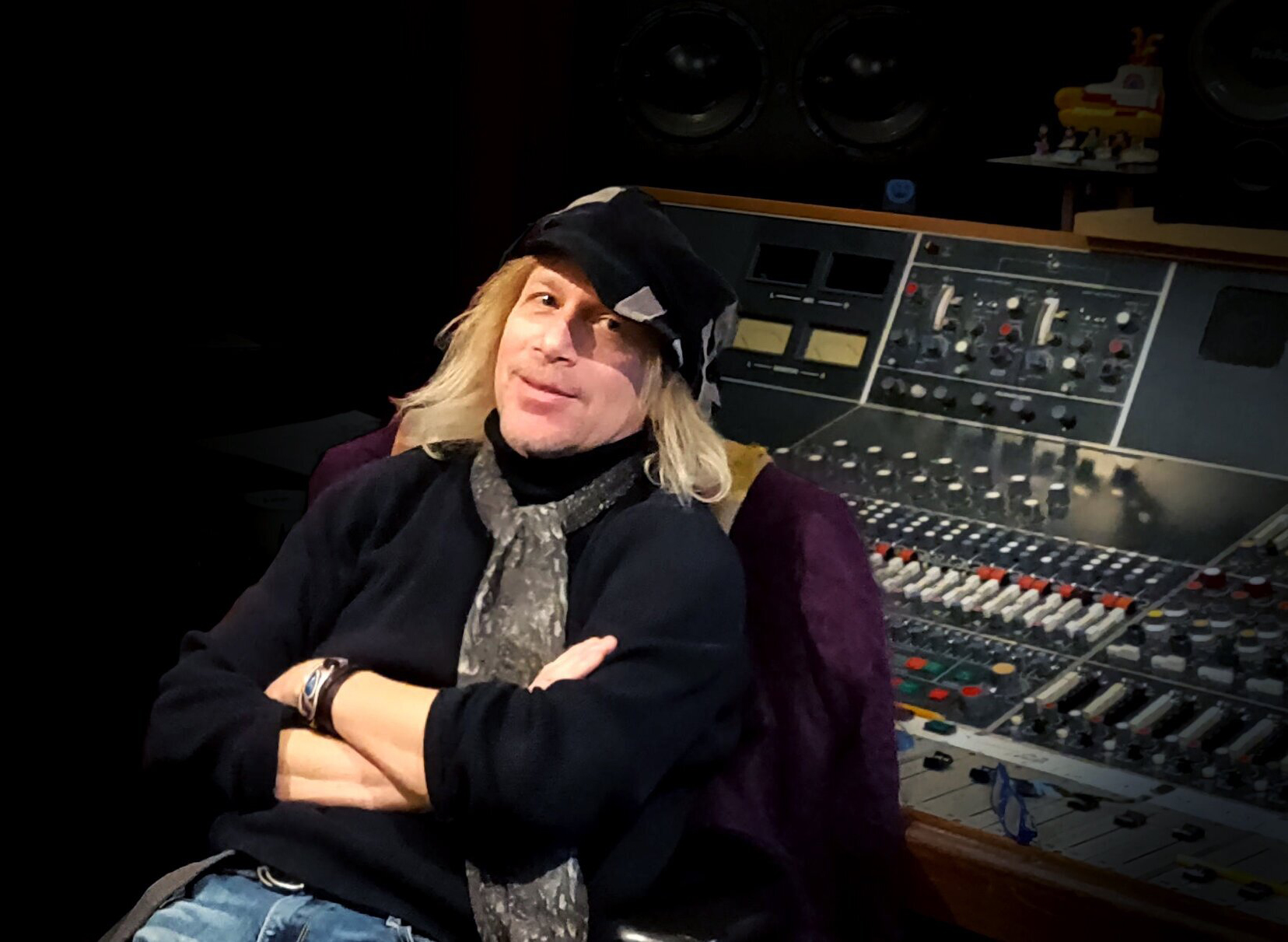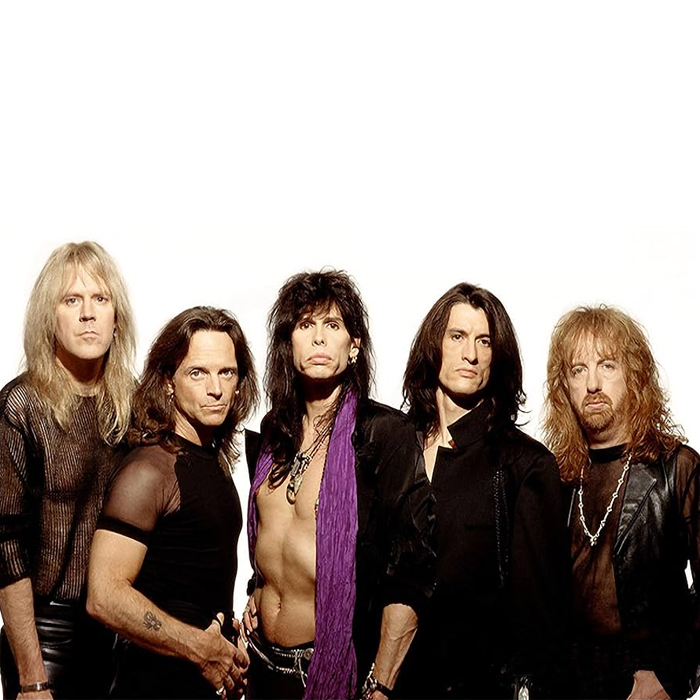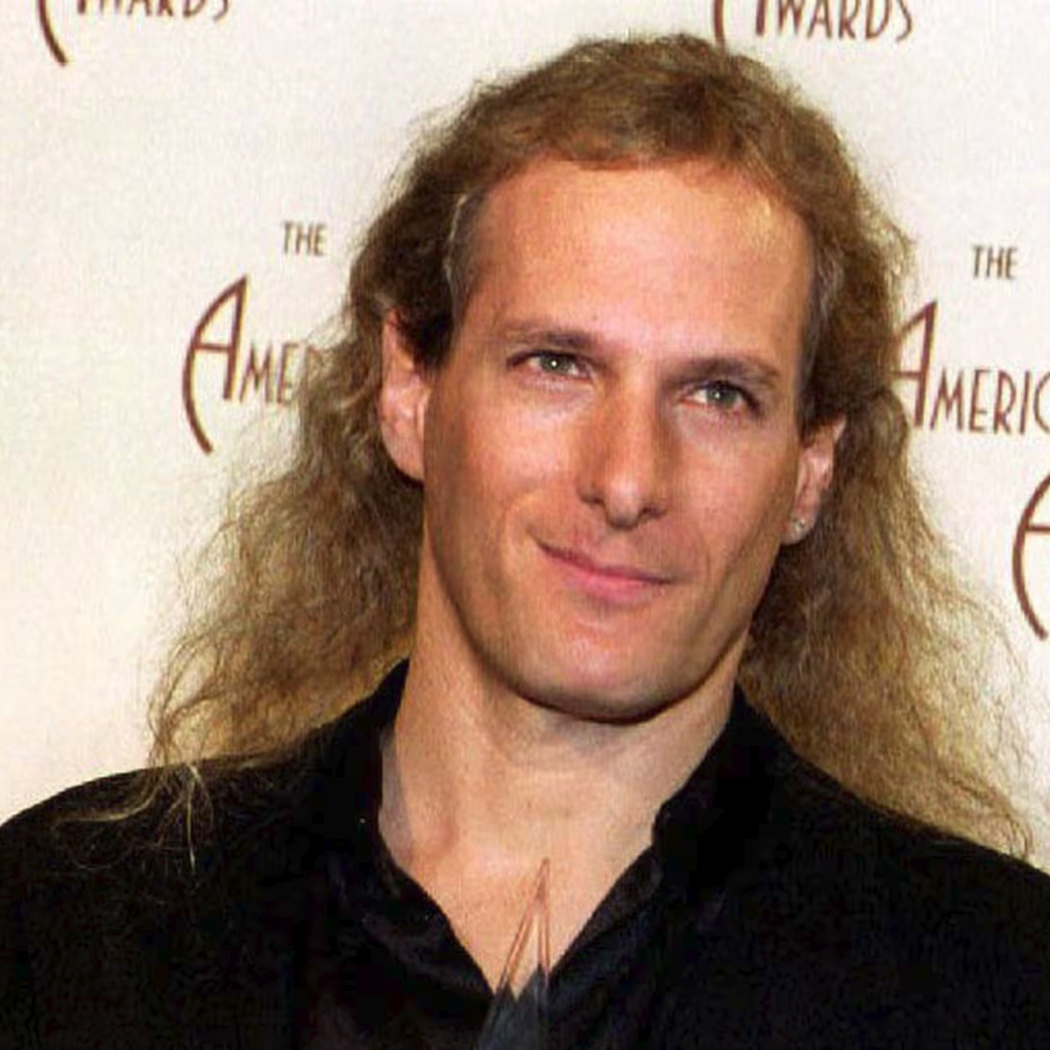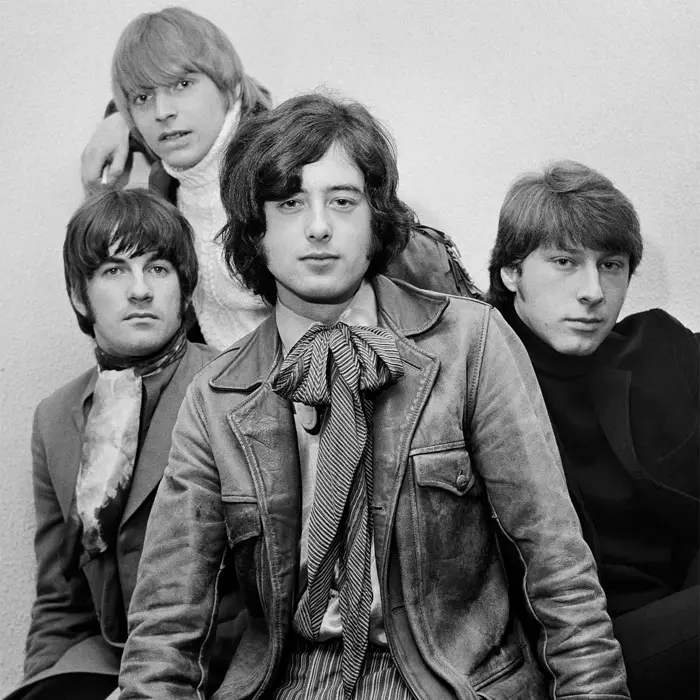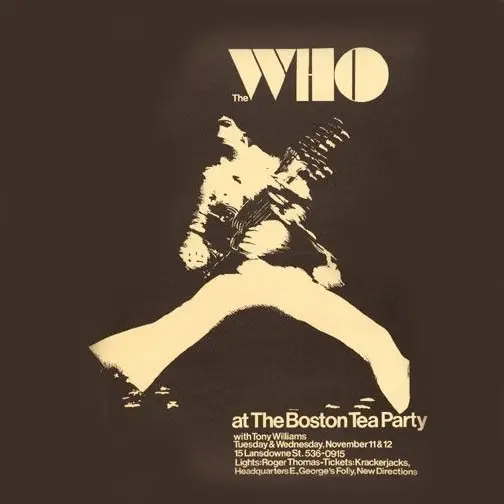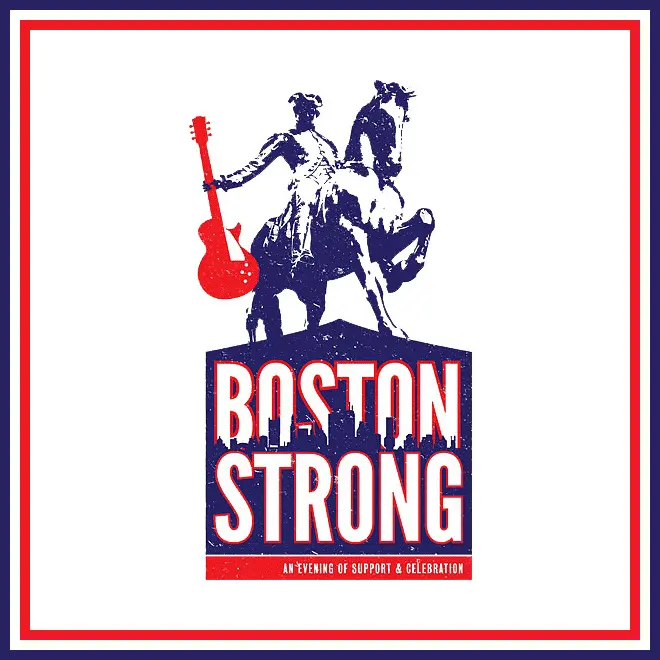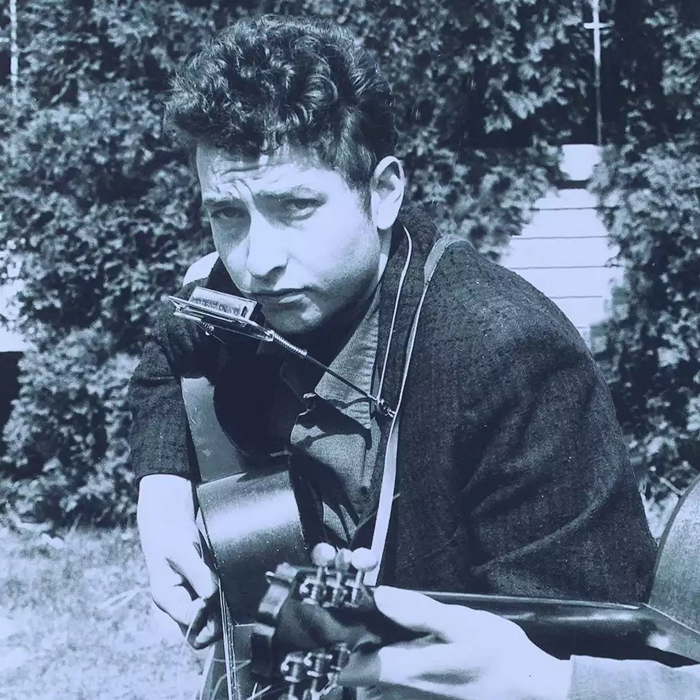Paul Santo
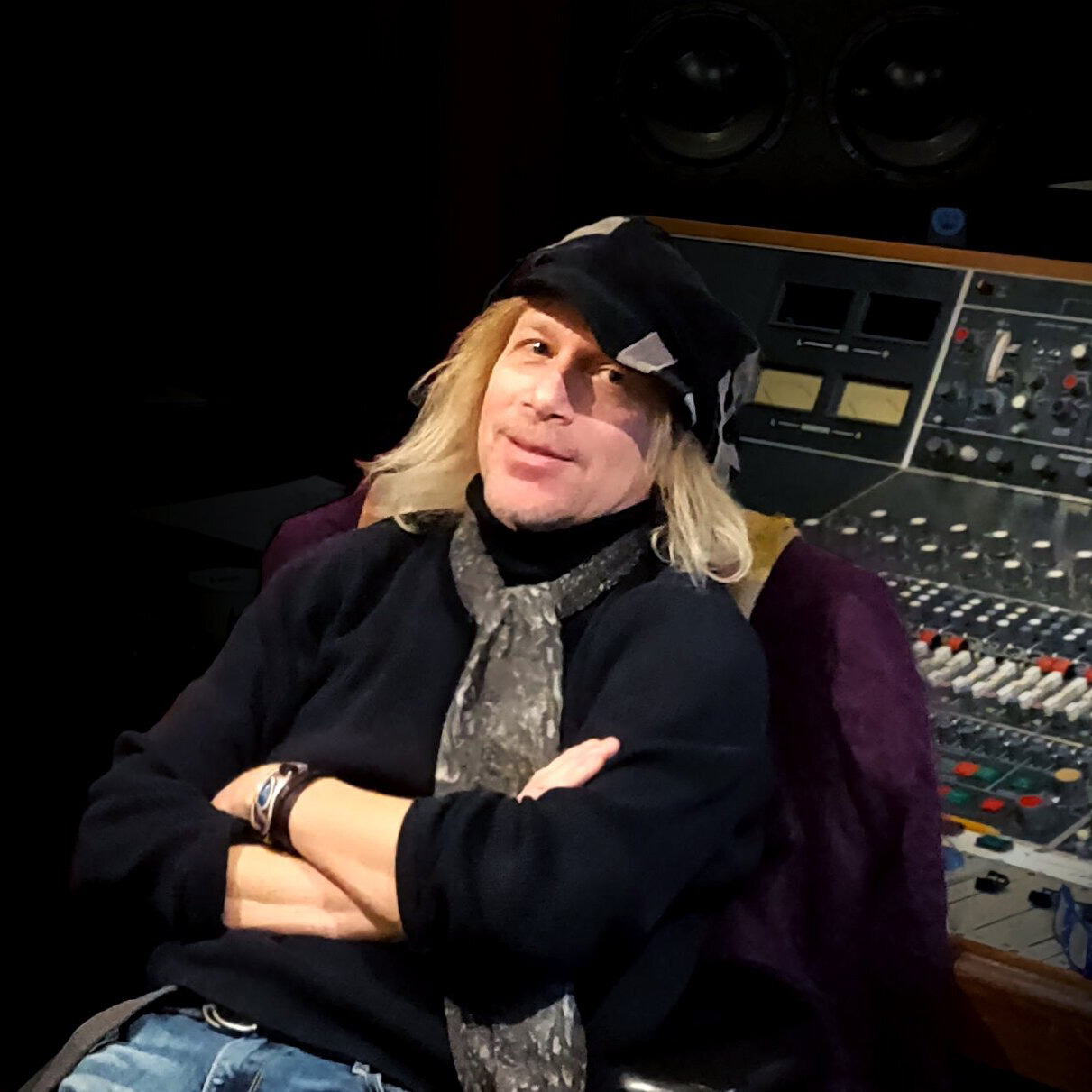
How does someone with virtually no formal training become a highly sought-after audio engineer, producer, multi-instrumentalist, composer, singer and songwriter who’s worked elbow-to-elbow for decades with rock royalty and won a Grammy? I don’t have a clue. But Paul Santo sure does. “I went to the library and stuff like that,” said the quintessential autodidact in 2021. “I just swiped everything I could. No guitar lessons, no piano, no engineering, no technical stuff at all.”
That profoundly punk DIY approach has resulted in Santo being perched behind the mixing desk at sessions with a laundry list of rock legends and luminaries, starting with Aerosmith, then David Gilmour, Eric Clapton, Ringo Starr, Cheap Trick, Eric Carmen and Kid Rock, to name a few. On the production side, he’s worked with Desmond Child, Jack Douglas and Mark Hudson, among others.
As a studio musician, he’s been a combination of guitarist, bassist, keyboardist, drummer and vocalist on recordings by Aerosmith, Ringo Starr, Eric Carmen, Cheap Trick, Harry Nillson, Elton John, Santana, Ozzy Osborne, Rod Stewart, Bon Jovi, Neko Case, Lenny Kravitz, The Joe Perry Project, Johnny Lang, DMC, Michael Bolton, LeAnn Rimes, Backstreet Boys and multi-platinum-selling singing sensation Alejandra Guzmán, for whose 2001 album Soy he won a Grammy.
Musical Beginnings
Born and raised in Weymouth, Massachusetts, Santo’s earliest musical education came from his two older brothers, who “influenced me in completely distinct ways,” he’s said. One was a blues-rock fan crazy about groups like The Yardbirds and the other, a drummer, listened mostly to funk/R&B acts like Average White Band and James Brown. “Something about funky music played by diverse groups of people really attracted me, especially some English musicians’ interpretations of American blues,” he said in 2018. He’s called The Who his “favorite band of all time.”
Santo’s first musical interest was drumming, and he recalls banging on pots and pans in his family’s kitchen as a preschooler. When he was six, his parents gave him a child-sized kit and his brother showed him some basics in two brief lessons – his only “formal” musical training. By age nine, Santo was playing a full-sized set and from sixth grade through high school he played in various school bands.
After graduation, he started playing guitar, borrowing them from bandmates and copying Jeff Beck and David Gilmore riffs; the first solo he learned was Gilmore’s classic from Pink Floyd’s 1973 hit “Money.” While working at a record store around the same time, a co-worker gave him an upright piano and he started copying licks from players he liked, particularly The Guess Who’s frontman Burton Cummings.
Backyard Studio
In the late ‘80s, approaching age 30 and having worked in what he’s called “a variety of regular jobs,” his career began in earnest when he built a studio in his backyard and established a niche business where local songwriters brought him bare-bones demo tapes and Santo, an early adopter of Pro Tools from its release in 1989, engineered them into a full-band sound as guitarist, bassist, keyboardist, drummer, percussionist, vocalist – whatever was required.
“That turned into a life-sustaining business for me,” he’s said, “since nobody was available for songwriters like that. They could go to an expensive recording studio or just come to my place for like 20 bucks an hour.”
Steven Tyler, “Boneyard Boys,” Just Push Play, TEC Award
In late 1996, Santo did something “almost on a lark,” he’s said, that catapulted his career to a level he’d never imagined: He snail mailed a demo tape to Aerosmith’s Steven Tyler, whose PO box number he’d received from a client. After exchanging answering-machine messages with him for over a year, Santo finally met Tyler in January 1998 at an Aerosmith show and, while no business relationship resulted immediately, a long-lasting friendship began.
Eleven months later, in early December 1998, Santo met Tyler again at another Aerosmith gig and pitched his engineering skills, asking if he could work on their next album. Several weeks later, Tyler invited him to his home studio – dusty and disheveled after being empty for months due to incessant touring – and asked Santo to clean it up, then hired him as his personal sound engineer.
Soon he was playing that role for the entire band as part of “the Boneyard Boys,” the small group behind many Aerosmith recordings – nicknamed after guitarist Joe Perry’s home studio, “the Boneyard” – that includes producers Jack Douglas and Mark Hudson. Bassist Tom Hamilton has called Santo the group’s “guru” based on his Pro Tools mastery, his help “preparing our bass and drum parts” and his multi-instrumental prowess.
The first Aerosmith album Santo worked on was 2001’s Just Push Play, on which he engineered some tracks and played synthesizer on “Fly Away from Here” and organ on “Avant Garden.” The album and its single, “Jaded,” were nominated for Grammys and Santo won a Technical Excellence and Creativity (TEC) Award for his mix of the song.
Other Aerosmith Projects, Desmond Child
His next Aerosmith projects were engineering and playing keyboards on the LPs Honkin’ on Bobo (2004) and Music from Another Dimension (2012), and in 2013 he sat in for Brad Whitford on guitar at the Boston Strong Concert. In 2016, Santo worked with Tyler on his solo album We’re All Somebody from Somewhere, and he wrote and performed on the score for the resulting documentary, 2018’s Steven Tyler: Out on a Limb, produced by Vermilion Entertainment.
Santo’s success with Aerosmith opened innumerable new professional doors, including the chance to work with producer and Songwriters Hall of Fame member Desmond Child, to whom Tyler personally introduced Santo, as part of his team, engineering demos and writing songs for a who’s who of major rock/pop artists. “If I was to attribute anything that followed [after working with Aerosmith] to anybody, it would be to Steven and his generosity,” Santo’s said.
Ringo Rama, “Tears in Heaven,” Joe Perry, Chimes of Freedom
In another notable example, in 2002 Just Push Play producer Mark Hudson hired Santo as audio engineer for Ringo Starr’s album Ringo Rama, on which Santo also played bass, guitar and keyboards, sung background vocals and received a co-writing credit for one track, “I Think Therefore I Rock and Roll.”
In 2005, he played bass on the “Tears in Heaven” benefit song organized by Hudson and Ozzy Osborne featuring Tyler, Elton John, Rod Stewart, Pink, Slash, Gwen Stefani, Mary J. Blige, Andrea Bocelli and others. In 2009, Santo engineered and played rhythm guitar and keyboards on The Joe Perry Project’s Have Guitar, Will Travel album, joining the supporting tour, and in 2012 he, Perry and Whitford recorded Bob Dylan’s 1983 song “Man of Peace” for the LP Chimes of Freedom to benefit Amnesty International.
Career Consulting, Coaching
These days, Santo works primarily as a Massachusetts-based music-business coach and consultant for both amateurs and professionals through his company Music Career Consulting by Paul Santo. “I specialize in analyzing and advising artists on everything from song structure, production values and musicianship to stage identity, image branding and sensible use of funds,” he said in a 2018 interview with BostonVoyager magazine.
He also does session work and remixing and has composed songs and scores for a broad range of movies, mobile apps, video games and television programs.
Maintaining Creative Momentum
Asked in 2021 how he’s maintained his creative momentum, Santo credited his lifelong passion for music. “Number one, I’m still a music fan, because it grabbed me as a small child,” he said. “My interest in the music business has waned at times, but my fandom for music and being a musician has never waned at all.”
“When you’re having tea with Dave Gilmore, or at Ringo’s house and he’s showing you John Lennon’s guitar,” he added. “I mean, that’s what makes it worthwhile, the 18-hour days and all that jazz.”
(by D.S. Monahan)

